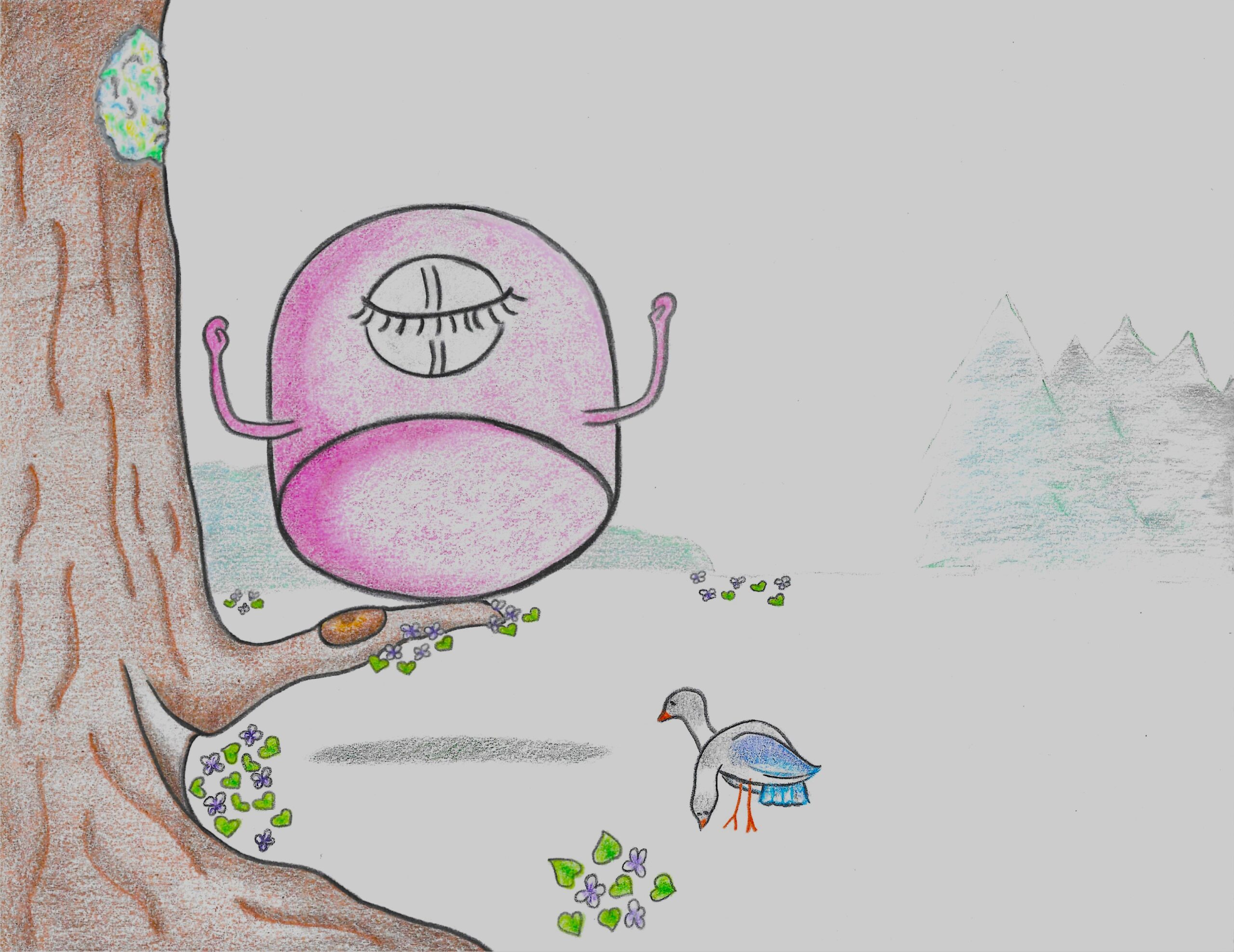At one point or another, most every writer will come to the same conclusion: Writing is hard.
It takes time, patience, creativity, and grit to come to the writing desk day after day and churn out word after word. And since novels are marathon-length projects, our increasing word counts don’t often increase fast enough for our perfectionist spirits.
Sure, we may turn to inspirational quotes from writers we love and respect, words from which to pull persistence when we feel wholly underequipped to persist, but we turn to those words while complaining about how hard writing is and maybe even resenting those inspirational words just a little because they reflect insecurities about our writing.
What’s 500 words in a day when a book needs roughly 80,000 words?
How can we be content when progress comes in small bites that leave us hungry for more?
Yes, writing is hard. But a good process makes it a little more palatable, and a little more peaceful.

Transformation = intention + behaviors
Transformation of most any kind, be it developing yourself as a writer or changing your lifestyle habits, starts with intention. You must get clear on what you want to do, and why. But intention without action is just wishful thinking, so right after clarifying those intentions, it’s time to establish good behaviors.
Now, I know as well as anyone that establishing good behaviors or changing behaviors for self-betterment out of the blue is hard. Humans are creatures of habit. We like what we like, dislike or distrust what we don’t, appreciate routines and schedules, muddle through moments of discombobulation, and try like heck to keep our heads firmly attached to our shoulders while doing it. Changing behaviors, especially behaviors we’ve established over decades, is uncomfortable.
While we want to believe that negative emotions like regret, shame, and fear should catalyze durable behavior change, the opposite is often true. Negative emotions can trigger self-analysis too soon, cause us to believe we’re transforming the wrong way, or turn our focus to everything we’re not doing such that we become unable to do anything at all. Negative emotions drive us to overwhelm via comparison and navel-gazing, but it doesn’t have to be this way.
Calling forth positive emotions to prepare yourself for the big change begins with your philosophical raison d’être, your reason to be. Or, in this case, your raison d’écrire, your reason to write. Why do you want to write that novel? And for whom? What do you want to say? And why?
If you don’t have a good reason for writing your novel, a reason you accept as wholly true and good, you will not prioritize the time to write. To establish a lasting writing process, then, means adopting real change. And real change needs personal and internally defined reasons for accepting the awesome challenge of novel or book writing.
Need help getting started? Name your price (even if it’s $0) and grab my Purpose Roadmap for Writing Your Novel on Gumroad. Jot down your intentions and takeaways, and get to writing.
The all-or-nothing approach to transformation is outdated
Several years ago, I went through a wild lifestyle transformation. My partner and I were looking forward to starting a family, I knew I needed to leave my soul-sucking corporate job, and I was overweight and had terrible lifestyle habits involving copious amounts of recreational vices and a passion for junk food. I was also addicted to caffeine and nicotine.
Trying to quit both a coffee habit and a cigarette habit at once was immediately overwhelming, and on top of that, I knew I needed to exercise more, and eat better, and prioritize a sleep schedule that didn’t leave me wan and groggy. I also knew myself well enough to know that sustainability was key to lasting change. As such, I chose only one addiction to tackle at a time starting with tobacco.
Every former smoker finds their own way to quitting the habit. On a random Tuesday morning in July, while white-knuckling my travel mug full to the brim with hot coffee, I opted to leave my cigarettes at home. Told myself I didn’t need them, that caffeine was enough stimulation for me. And it was.
While the mind-over-matter approach for quitting doesn’t work for everyone, it worked for me. Cravings eased after a couple of days and stopped after a couple of weeks. And while I was still clutching my coffee mug as though it alone held all the secrets of the universe, I no longer felt any pull toward tobacco even though nicotine is considered the hardest drug to quit. I’d simply put down the pack and promised myself I wouldn’t pick it back up, and I didn’t. I’ll be nine years smoke-free this July.
During those nine years, I also quit alcohol and halved my caffeine consumption, wildly changed my eating, sleep, and stress-management habits, and have found creative ways to write or create daily while making slow and steady progress on my coming novel. Had I tried to do everything at once, I’d have failed; I know that about myself. But changing one thing for the better opened my eyes to the possibility of change, made me excited for the next change because I was seeing how powerful those little changes were when compounded over time.
When facing a massive transformation like “Become a writer” or “Write a novel,” break down the transformation into manageable and sustainable tasks starting with what you know you can reasonably accomplish. Once you begin seeing the fruits of your efforts, each new change-focused task becomes easier to adopt and sustain long term.
Think about what you want and how you may get there. Then, look for that first critical change which starts the transformation engine. What first step can you take to become a writer? What first step will you take to write your novel?
Sink into your process to find your peace
Maybe you reach for a catalyzing object to begin your writing time each day, be it a hot cup of tea, a stress-squishy, a favorite composition notebook, a tarot card, or a hearty scream into the existential abyss. However you begin your writing process, you’ve found your way to the desk and your document, and it’s sustainable. You find you like being at your writing desk, like putting words together to make sentences and form whole thoughts.
Once you begin establishing your good habits and transforming yourself into the writer or novelist you know you are, you’ll soon find yourself slipping into a routine of sorts — your process. Sitting down and getting to work is easy. At first.
Yet, as time goes by, maintaining that newfound process is hard. That difficult Wednesday night when none of the kids went to bed easily and derailed your entire evening. That unexpected visitor who “just popped in for a few” and stayed for hours. That grocery trip that devoured the morning. Life happens, and when life happens during our reguarly scheduled writing times, writing tends to take a backseat to other activities. At least, it takes a backseat until writing becomes the priority.
It takes many people anywhere from three weeks to three months, sometimes longer, to establish a new habit, but once the habit is truly established, it’s as difficult to break as quitting tobacco or caffeine.
After my daughter and I wake each morning, we tend to our creative selves first. She will often draw a picture, tells stories using her stuffies and plushies, or grab a book and read to herself. During that time, I usually read, sometimes write, and occasionally draw. After the morning creative block, it’s time for client work and sometimes drum practice before I come back to another creative block. And my process looks different than others.
One of my clients writes via dictation, speaking her book into existence and translating it into a document over time. Another has found that about twenty minutes per day is all she can reasonably and sustainably handle. Another writes only once or twice a week in larger chunks, finding it easier to block out an evening here and there than commit to a daily task. Our lives are kaleidoscopic, no two exactly the same. As such, our writing processes are kaleidoscopic.
Remember: The all-or-nothing approach is limiting, so look at your options and experiment via trial and error to find what works for you. Whatever your creative-habit flavor, figure out what writing process is most sustainable and sink into it. Eventually, the act of writing alone, even when slower than you may have hoped or expected, will bolster your raison d’écrire and give you the good feelings you need to keep moving forward.
I’d love to know about your writing process. What have you tried? What didn’t work well? What process have you found that works best?
Happy writing!
♥ Fal
Prefer video?
Join me on the MetaStellar channel:

Fallon Clark is a story development coach and editor with more than a decade of experience in communications, project management, writing, and editing. She provides story development and revision services to independent and hybrid publishers and authors spanning genres and styles. And in 2018, she had the joy of seeing Forever My Girl, one of her earliest book projects, on the big screen. Fallon’s writing has been published in Flash Fiction Magazine and The MicroZine. Find her online at FallonClarkBooks.Substack.com, or connect with her on LinkedIn or Substack.

